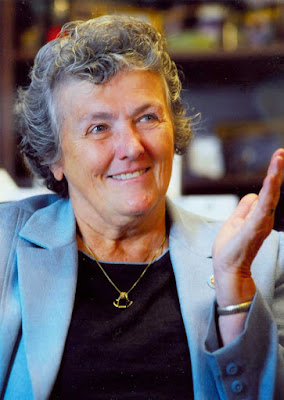 |
| Samar Hazboun for The New York Times |
Rev. Dr. Munther Isaac
Evangelical Lutheran Christmas Church Bethlehem
Saturday, December 23rd, 2023
“ … We are tormented by the silence of the world. Leaders of the so-called “free” lined up one after the other to give the green light for this genocide against a captive population. They gave the cover. Not only did they make sure to pay the bill in advance, they veiled the truth and context, providing political cover. …
“ … If you are not appalled by what is happening; if you are not shaken to your core – there is something wrong with your humanity. If we, as Christians, are not outraged by this genocide, by the weaponizing of the Bible to justify it, there is something wrong with our Christian witness, and compromising the credibility of the Gospel! …
“ … Christmas in Bethlehem, the birthplace of Jesus, is this manger. This is our message to the world today. It is a gospel message, a true and authentic Christmas message, about the God who did not stay silent, but said his word, and his Word is Jesus. Born among the occupied and marginalized. He is in solidarity with us in our pain and brokenness.
“This manger is our message to the world today – and it is simply this: this genocide must stop NOW. Let us repeat to the world: STOP this Genocide NOW.
“This is our call. This is our plea. This is our prayer. Hear oh God. Amen.”
PLEASE READ THE ENTIRE HOMILY HERE.




